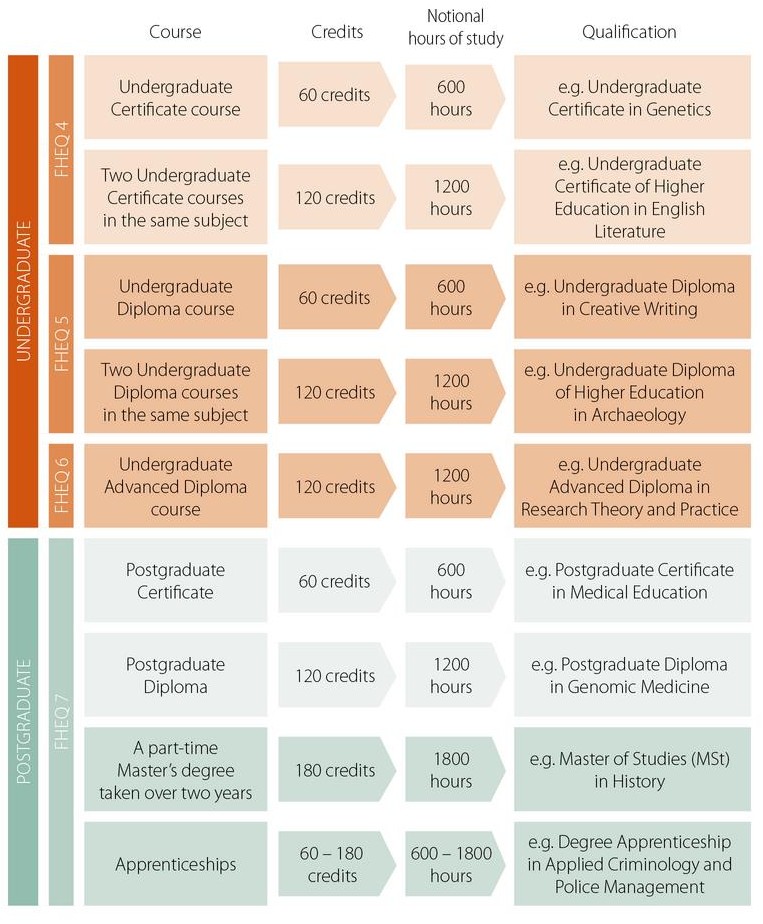If you wish to add articles of interest to this site or see a forum, please contact me via my e-mail address. I will 'eventually' reply to all posts. All submitted articles will be author acknowledged unless otherwise requested.
Copyright © 2026 by Nigel G Wilcox
All Rights reserved
E-Mail: ngwilcox100@gmail.com
Web Title: paragon.myvnc.com
2026
Designed by GOEMO.de
Powered by S-AM3L1A-NGW
NW Education, Training & Development
Looking at Education today, one Perspective...
Parent Site: http://paragon.myvnc.com Paragon Publications UK
My Personal Introduction to Teaching from My Experiences
and the Reason for This Website with Opinions...
Education & Professional Development
Birmingham ICC 2001
1-1
1-1
Pages
Left-Wing Education?
End
Credit Accumulation and Transfer Scheme
Credit Accumulation and Transfer Scheme (CATS) is used by many universities in the United Kingdom to monitor, record and reward passage through a modular degree course and to facilitate movement between courses and institutions. One UK credit is equivalent to the learning outcomes of 10 notional hours of study, thus a university course of 150 notional study hours is worth 15 credits, and a university course of 300 notional study hours is worth 30 credits. A full academic year is worth 120 credits and a full calendar year (normally only at postgraduate level) 180 credits. CATS schemes in use in Higher Education in the UK include CATS (England & Northern Ireland), SCOTCAT (Scotland), the Credit and Qualifications Framework for Wales credit framework (Wales), the Learning and Skills Development Agency credit framework and Open College Network credits.
Credits are associated with a level at which the learning took place. At universities in England, Wales and Northern Ireland, this will be one of Levels 4 to 8 on the Framework for Higher Education Qualifications (FHEQ), representing the first, second and third year of a bachelor's degree (levels 4 – 6), master's level (level 7) and doctoral level (level 8). In Scotland this will be at one of level 7 to 12 on the Scottish Credit and Qualifications Framework (SCQF), representing the first, second, third and fourth year of a bachelor's degree (levels 7 – 10), master's level (level 11) and doctoral level (level 12).
Typically, in England, Wales and Northern Ireland, a bachelor's degree with honours requires 360 credits, with at least 90 at level 6 of the FHEQ; an ordinary bachelor's degree requires 300 credits with 60 at level 6; a foundation degree requires 240 credits with 90 at level 5; an integrated master's degree requires 480 credits with 120 at level 7; a postgraduate taught master's degree requires 180 credits with 150 at level 7; and a professional doctorate requires 540 credits with 360 at level 8. Degrees in medicine, dentistry and veterinary science are not normally credit rated, nor are PhDs or master's degrees by research. In Scotland, a bachelor's degree with honours requires 480 credits, with at least 90 at level 9 of the SCQF and 90 at level 10; an ordinary bachelor's degree requires 360 credits with 60 at level 9; an integrated master's degree requires 600 credits with 120 at level 11; a postgraduate master's degree requires 180 credits with 150 at level 11; and a doctoral degree requires 540 credits with 420 at level 12. "Fast track" two-year bachelor's degrees at the University of Buckingham make use of the full calendar year to fit a 360 credit course into two years.
Undergraduate Certificates
Undergraduate certificate courses are taught part-time over one year (unless otherwise indicated), at first-year undergraduate level.
They carry 60 CATS points at FHEQ level 4.
Most are open to anyone with an interest in the subject, and you don't need any special qualifications to apply.
Two Certificates in the same subject (where available) can sometimes be combined into an Undergraduate Certificate of Higher Education, equivalent to one year of full-time study.
Undergraduate Diplomas
Undergraduate diploma courses are taught part-time over one year, at second-year undergraduate level, and allow you to study your chosen subject in greater depth.
They carry 60 CATS points at FHEQ level 5.
Two Diplomas in the same subject area (where available) can sometimes be combined into an Undergraduate Diploma of Higher Education, equivalent to one year of full-time study.
Undergraduate Advanced Diplomas
Advanced Diplomas are taught part-time at third-year undergraduate level.
Our Advanced Diplomas are split into two, each of which carries 60 CATS points at FHEQ level 6.
They provide an excellent grounding in research methods for those wishing to continue with their research at a higher level and allow you to pursue your own research project under the guidance of a Cambridge supervisor.
Postgraduate Certificates
Postgraduate certificate courses are taught part-time over one-year (unless otherwise indicated), at FHEQ level 7, and they carry 60 credit points.
There are specific entry requirements for postgraduate programmes, which will be stated on the individual course page.
Postgraduate Diplomas
Postgraduate diplomas courses are taught part-time over two-years (unless otherwise indicated) at FHEQ level 7, and they carry 120 credit points.
There are specific entry requirements for postgraduate programmes, which will be stated on the individual course page.
Master of Studies (MSt) degrees
A Master of Studies (MSt) is a part-time Master’s degree.
It is usually undertaken over two years, and contains a significant taught element and a research project with associated dissertation.
They carry 180 credit points at FHEQ level 7.
Summary of University of Cambridge qualifications offered through ICE

Accreditaion for Prior Learning
Download








